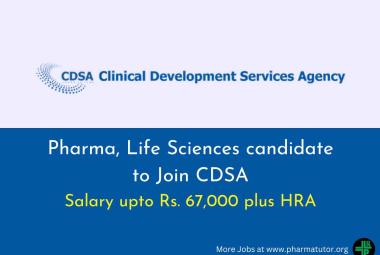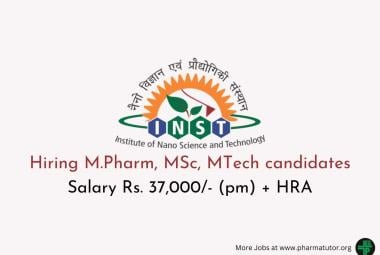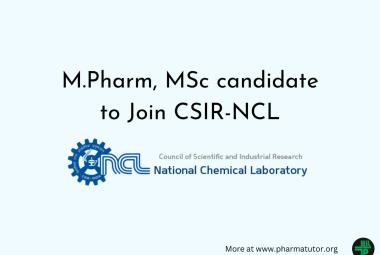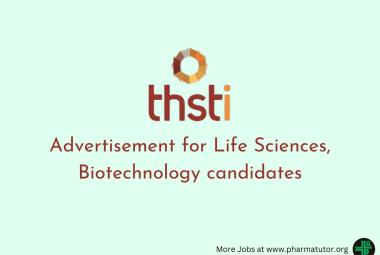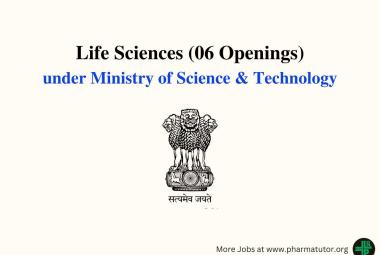A clinical study evaluating a new hypothesis that an inexpensive drug with a simple treatment regimen can prevent type 1 diabetes will be launched in Dundee tomorrow.The autoimmune diabetes Accelerator Prevention Trial (adAPT) is led by Professor Terence Wilkin, of the University of Exeter Medical School, with support from colleagues at the University of Dundee and NHS Tayside. It will be launched at Ninewells Hospital, Dundee, on Tuesday, 19th April.
Initial funding of USD 1.7 million is being provided by JDRF, the leading global organisation backing type 1 diabetes research. The study aims to contact all 6,400 families in Scotland affected by the condition, with a view to expanding into England at a later date. Children aged 5 to 16 who have a sibling or parent with type 1 diabetes will be invited for a blood test to establish whether they are at high risk of developing the disease. If so, they will be invited to take part in the trial.
Researchers will then examine the impact of administering metformin, the world's most commonly prescribed diabetes medicine, to young people in the high-risk category. If successful, the large-scale trial could explain why the incidence of type 1 diabetes has risen five-fold in the last 40 years, and provide a means of preventing it.
Researchers have previously hypothesised that type 1 diabetes is an autoimmune disease caused by a faulty immune system which attacks and destroys insulin-producing beta cells in the pancreas. Clinical trials have tried drugs that supress the immune system to attempt to subdue the attack, but the results have so far been disappointing.
The Accelerator Prevention Trial is the first to test an alternative explanation for type 1 diabetes, and is based on the accelerator hypothesis, proposed in 2001 by Professor Wilkin.
This hypothesis theorises that autoimmunity occurs as a response to damaged beta cells. It believes that beta cells, stressed by being made to work too hard in a modern environment, send out signals that switch on the immune system. adAPT will test whether metformin, which is known to protect the beta cells from stress, can stop the immune response that goes on to destroy them.
Professor Wilkin said, "We still have no means of preventing type 1 diabetes, which, at all ages, results from insufficient insulin. We all lose beta cells over the course of our lives, but most of us have enough for normal function.
"However, if the rate of beta cell loss is accelerated, type 1 diabetes develops, and the faster the loss, the younger the onset of the condition. The accelerator hypothesis talks of fast and slow type 1 diabetes - beta cell loss which progresses at different rates in different people, and appears at different ages as a result."
It is thought that 80,000 children develop type 1 diabetes worldwide each year. There is currently no way of preventing childhood diabetes in children and no cure, meaning type 1 diabetes patients face strict dietary controls and multiple daily injections of insulin for life.
In the trial, each child will receive metformin or a placebo initially for four months, during which they will be tested three times to assess how their metabolism and immune system respond. The first stage of the trial will assess safety and whether the trial design works, whether the medication can reduce beta cell stress, and how many participants will be needed to progress the study.
If the trial medication is found to lower beta cell stress effectively, the children in stage 1 will progress into the next stages of the trial.
"It is possible that a modern environment accelerates the loss of beta cells by overworking and stressing them," continued Professor Wilkin. "As a consequence, this could be contributing to the rising incidence of type 1 diabetes, which is appearing in ever younger age groups. adAPT will use a medication to protect the beta cells from the stress, so that they survive longer. If successful, the trial will offer a means of preventing type 1 diabetes with a cost-effective medication, and could be made immediately available to children at risk."
Professor Wilkin is carrying out the research in collaboration with Professor Stephen Greene of the University of Dundee and the Tayside Clinical Trials Unit. The trial is launching in Scotland because the country has the third highest rate of type 1 diabetes in the world as well as a highly efficient record linkage system to identify affected families and a cohesive group of paediatric Diabetologists.
Tayside is the first centre to start recruitment for adAPT, but the study will roll out to the other 10 health boards in Scotland before crossing into England. Dr Vicky Alexander, Clinical Lead Children's Diabetes Service NHS Tayside said, "We are delighted to be supporting this exciting study looking at the prevention of Type1 diabetes in children."
Professor Greene, who is also Director of the Scottish Children's Research Network, added, "adAPT is an extremely important clinical trial and it is appropriate that ScotCRN, with the Universities of Dundee and Exeter and NHS Scotland are driving forward this exciting project. A simple, safe and effective drug that would prevent the development of type 1 diabetes in young people would be a major breakthrough."
source:University of Exeter
<< Pharma News
Subscribe to PharmaTutor News Alerts by Email >>


 In September 2015, then 44 year-old CEO of BioViva USA Inc. Elizabeth Parrish received two of her own company's experimental gene therapies: one to protect against loss of muscle mass with age, another to battle stem cell depletion responsible for diverse age-related diseases and infirmities.
In September 2015, then 44 year-old CEO of BioViva USA Inc. Elizabeth Parrish received two of her own company's experimental gene therapies: one to protect against loss of muscle mass with age, another to battle stem cell depletion responsible for diverse age-related diseases and infirmities.